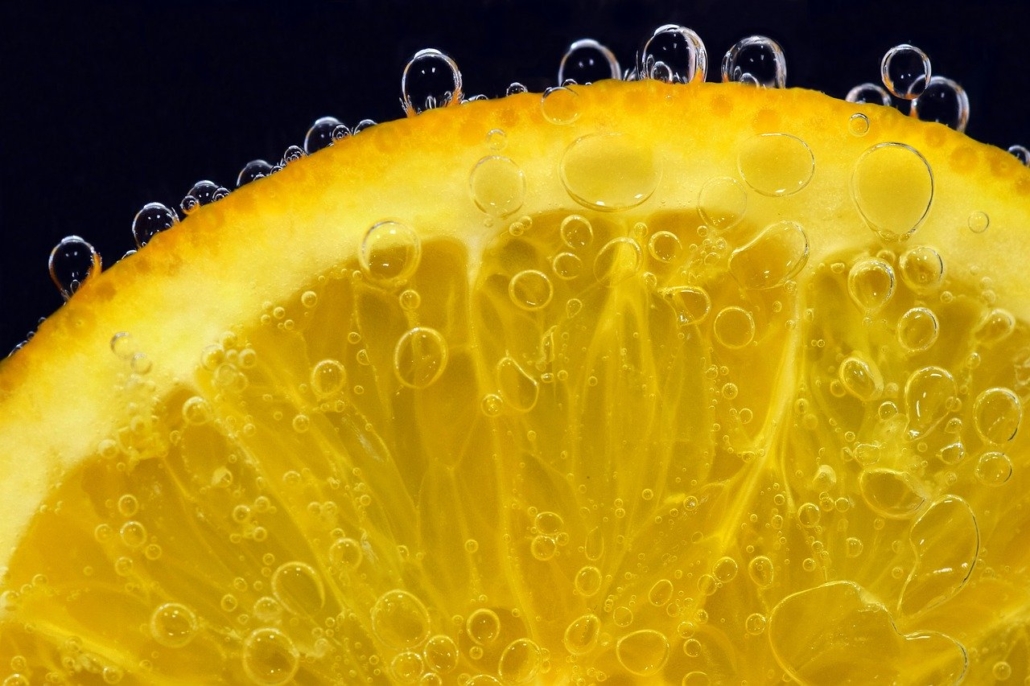
Vitamin C may boost checkpoint inhibitor efficacy
High amounts of injected vitamin C may delay the growth of many types of tumours and boost the anticancer power of immune checkpoint therapies, report Italian oncologists.
Results obtained from mice models suggest that the vitamin should be tested as a supporting treatment for cancer patients receiving immunotherapies. Checkpoint inhibitors canbe ineffective in certain patient subpopulations due to treatment resistance.
Vitamin C has attracted interest from cancer scientists since the 1970s, when initial research indicated that it could extend survival in certain cancer patients. These results were controversial because subsequent studies failed to reproduce any therapeutic effect, and the field was subsequently abandoned. However, as in these follow-up studies vitamin C was administered orally, researchers hypothesised that only too low quantities may be absorbed through the gut to achieve an anticancer effect. Since then, a growing body of evidence has shown that intravenous vitamin C can bring some therapeutic benefits, but it was still unclear how the vitamin props up anticancer immune responses.
Alessandro Magrì and colleagues at the FIRC Institute of Molecular Oncology in Milan, Italy, studied the effects of vitamin C on cancer in mice with healthy immune systems, allowing them to discern how the vitamin modulates immune cells. The team found that high doses of intraperitoneal vitamin C slowed the growth of colorectal, breast, melanoma and pancreatic cancer by supporting the activity of T cells. Furthermore, vitamin C enhanced the effectiveness of anti-CTLA-4 and anti-PD-1 checkpoint antibodies and the combination was well-tolerated by the animals. The triple therapy eradicated tumors in mice with breast cancer and induced complete remission in mice with tumours that lack a critical DNA repair mechanism, the latter of which were otherwise resistant to checkpoint inhibitors.



 adobe.stock.com - ipopba
adobe.stock.com - ipopba BioDlink
BioDlink